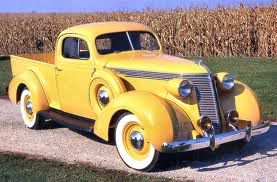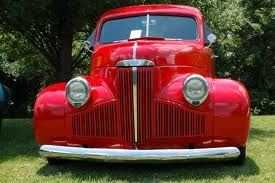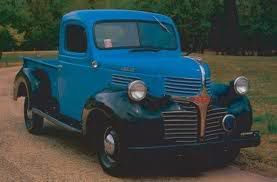Jim Brown
Banned
- Messages
- 32
- Location
- California
I'm looking at buying a truck. Something between 1938 and 1955.
Anyone have any pros and cons of which models are best? Worst?
I want to keep it all original so no big blown V8's or anything like that.
Who has experience with what?
I'll be using this truck as a truck to haul and daily drive.
Anyone have any pros and cons of which models are best? Worst?
I want to keep it all original so no big blown V8's or anything like that.
Who has experience with what?
I'll be using this truck as a truck to haul and daily drive.







